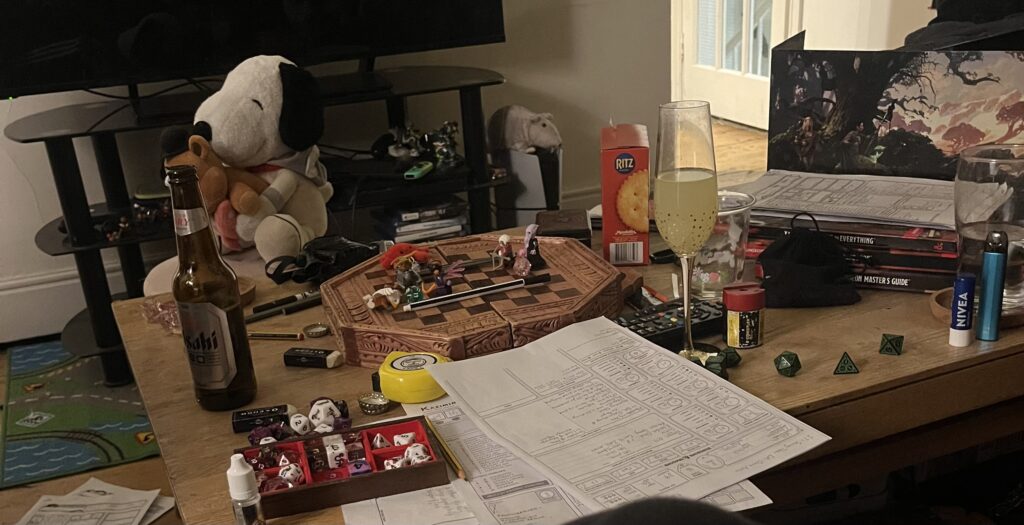As an English student at Newcastle, writing is something I’ve always to do. I’ve worked hard at getting published and building up a repertoire and a few loyal clients. So, you want to get into writing. Whether it’s script, poetry, essay, prose, articles, or something else, you’ve come to the right place.
I won’t say it’s not hard. If you’re sincerely trying to gain traction and cultivate an audience, it’ll take extra effort on top of your studies. Here are some of the best practices I’ve found in my years as a student to keep that creative spark nourished while building a stepping stone to future creativity.
1. Don’t rely on the people around you to keep you informed.
Professors are not like high school/college teachers. They won’t go to extraordinary measures for each student; there simply isn’t the time. If you’re studying a humanities/arts subject, professors and seminarists may post or speak about bigger events in the writing world, but if you want to build up that repertoire, that’s on you. Look up events and competitions on your own time where you can and keep on the lookout for opportunities.
2. Mailing lists are your friend.
Clean up those emails. It takes half an hour to go through your mail, unsubscribe from the old newsletters and store notifications you never open, and make sure you’re only getting the messages that matter. Subscribe to writing newsletters, they can tell you about competitions, prizes, give you advice, recommend events, and give prompts. I recommend FundsForWriters, Winning Writers, Mslexia (for women writers only), Writers’ HQ, Writers & Artists, The Novelry, and Oxford Poetry.
3. Follow pages on social media.
Follow the authors and publishers you like. Keep up with BookTok and Bookstagram. For the more old-school, there are lots of excellent Facebook groups and Twitter threads dedicated to discussing books and writing. Make some friends in the field and swap drafts. Seeing the creative processes of other writers is an excellent place to jump up from.
4. Make your own page on social media!
You don’t have to be a massive published author to put your work online. That is not to say you should just post any old thing. Treat your social media like a resumé. Only post things you’re proud of and have faith in. Interact with other creators and readers as much as you can. Making friends is super important, as writing is largely an individual sport. I started out with Instagram and Facebook business pages, which are easy to set up. You can see analytics (though you should never obsess too much over numbers) and build an audience through that. Post snippets of your writing with memes, reels, and advertising.
5. Keep a journal on you.
I won’t tell you to write every day, or even to stick to any sort of schedule. If that’s your thing, then absolutely set out specific days and times to write. But if you’re like me, ideas come when they come and you’re just along for the ride. Ideas will often make themselves known at the most inconvenient times, and while the Notes app has its charm, I do always feel better when my ideas are down in ink. Keep some paper on you, if you can. Whether that’s a journal, notepad, or just loose sheets, it’s all helpful.
6. Interact with writing prompts.
Writing prompts are some of the most useful things floating around on the internet. Especially in an age of AI, where machines churn out stolen or nonsensical ideas, why wouldn’t we look out for incredible human stories that aren’t going anywhere?
7. Take on volunteering gigs.
You won’t get a job straight away. Unless you know somebody who knows somebody, or your mum is Jaqueline Wilson’s publicist, you will never get a job straight off the bat. You need experience, you need advice from people who know more than you, you need to build up some relationships, and—most importantly—you need to figure out how to write for other people. Other people have specific tones, specific style guides, and lots of other small things a seasoned professional must know. Find out what voluntary writing positions are going and apply. Even if you don’t get that job, you’ll have built up an appropriate CV and writing samples to have handy, and you may receive feedback on unsuccessful applications that you can take on board and build upon.

8. Join societies for writing.
Your university will surely have a student paper or a writing/journalism club. Specifically at Newcastle, we have a Creative Writing society, a student paper, a Journalism society, Book Club, English society, Film society, and a Theatre society. Theatre and Film societies are great opportunities to write scripts, if that’s your calling, and other more generally writing-focused societies tend to offer workshops in other kinds of writing. If a writing society produces an anthology, that is a great opportunity to get a publishing credit on your resumé.
9. Experiment with different kinds of writing.
You’ll never find as much free stuff as you will in Uni. Students get discounts everywhere. University societies get funding to give you experiences you won’t find anywhere else. If there’s a workshop on and you can make it, go. If there’s a book club or writers’ group and you have the time in your schedule to reasonably accommodate it, go for it!
10. Take breaks from writing to do Uni stuff!
Not technically a way to get into writing, but definitely a way to keep writing. Take your time. Don’t burn yourself out. You don’t need to freak out about careers and life plans. Sure, have an idea of what you want to do in the grand scheme of things. But University is a time for freedom, to try new things and meet new people!

So, that’s a few things to help you get started in writing. The most important thing to remember is to keep things balanced and manageable, and unless you are writing specifically for a company/person, make sure you are writing what you want to write. When you have University papers to write, having some other kind of writing that you specifically enjoy can stop the demand-avoidant block surrounding work and keep the creative spark alive when it has to take a backseat to course work.
Happy writing!
Author
-
Hi, I'm Reid! I'm an English Literature Student at Newcastle University. I love writing fiction, poetry, and listening to the loudest music I can find.
Top tip for students? You don't have to do everything in front of you. While University is ripe with both career opportunities and social events, remember to take life at your own pace!
View all posts


